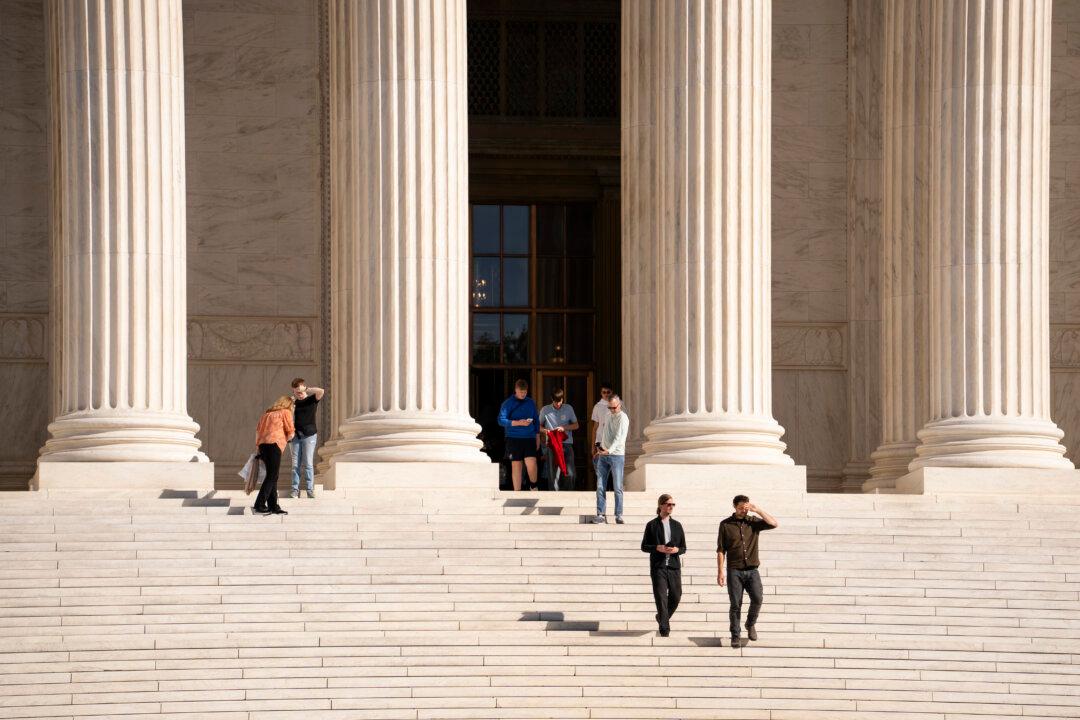The Supreme Court will consider on Nov. 1 whether to hear a challenge to New York’s sweeping rent control law, which gives a building’s tenants veto power over condominium conversions.
The Supreme Court announced on Oct. 28 that it will consider the petition in G-Max Management Inc. v. State of New York during its private conference at the end of this week.





